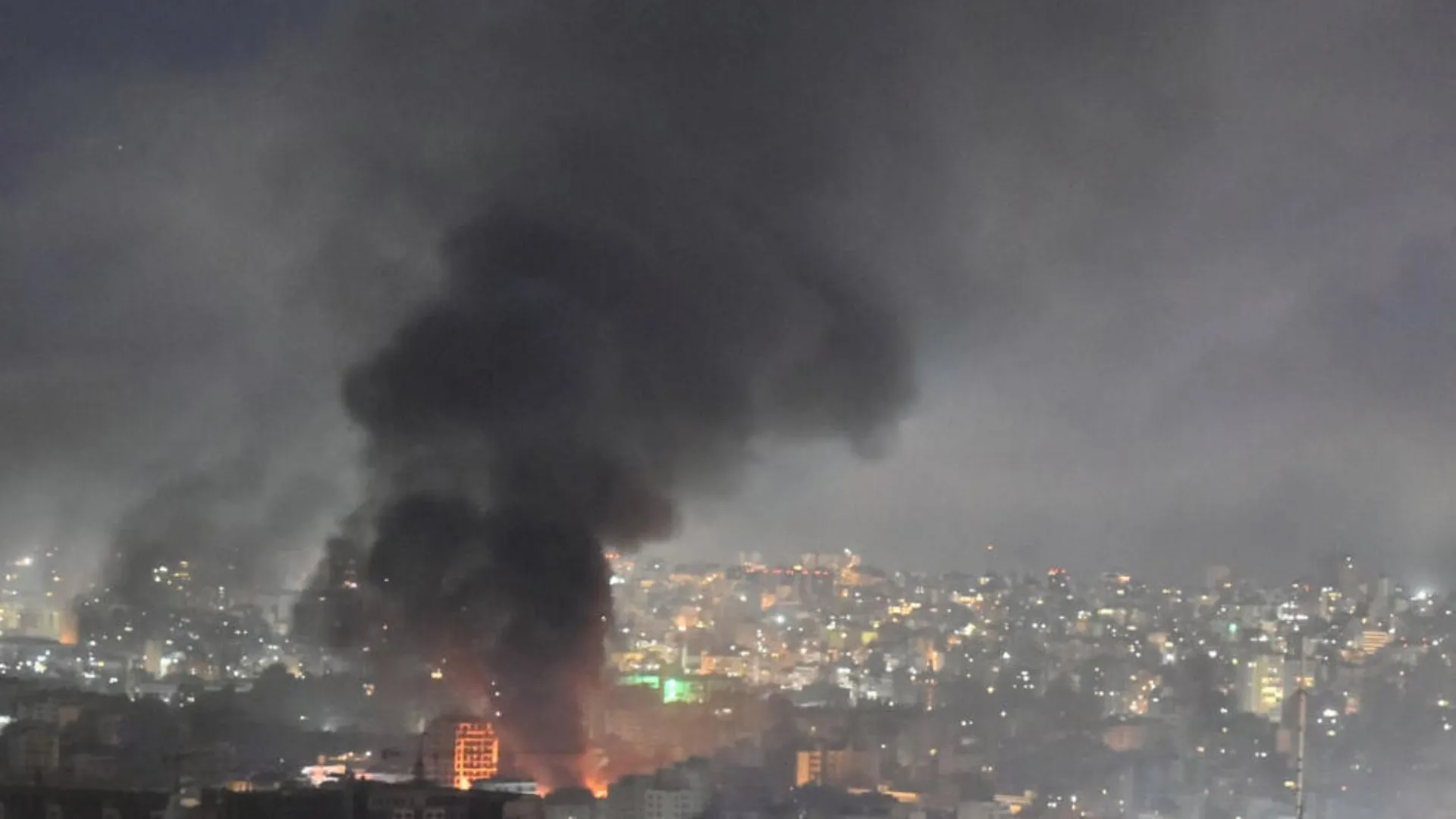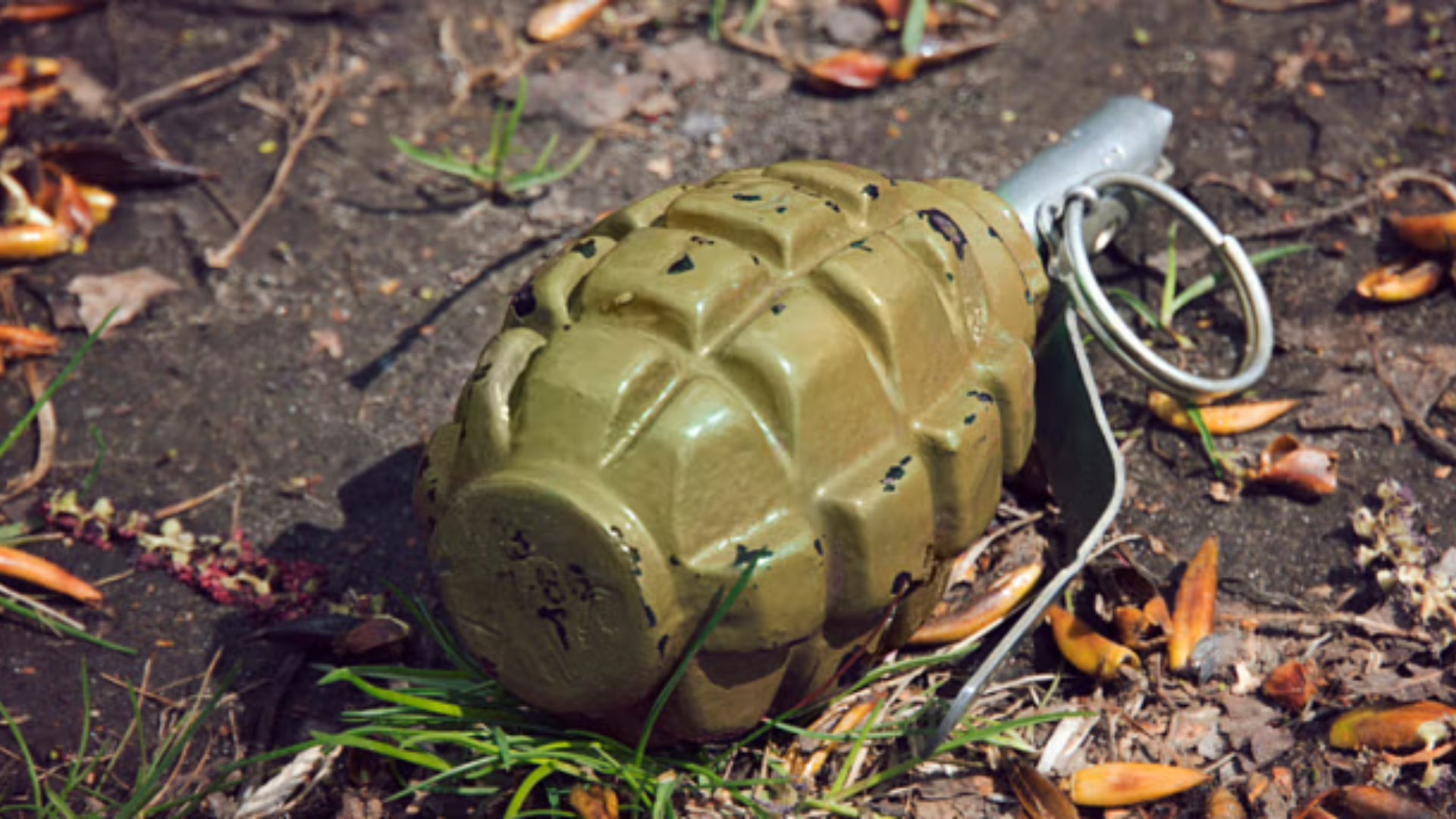A recent series of Israeli air strikes on central Beirut has left a devastating toll, with 22 people reported dead and 117 others injured, according to Lebanon’s Health Ministry. The strikes occurred in the Bachoura neighborhood, a small Shia area known for its residential buildings. Witnesses described hearing loud explosions that reverberated throughout the city, as emergency responders rushed to the scene to assist those affected.
Scene of Destruction
Rescue teams worked tirelessly amid the rubble, trying to locate survivors and provide medical assistance to the injured. Many of those hurt were transported to the American University Hospital, where staff scrambled to treat head injuries and other trauma resulting from the blasts. Eyewitness accounts describe a chaotic scene, with ambulances navigating through the streets to reach victims.
One woman, who lived next door to the targeted building, recounted her experience. “I heard the explosion; it was terrifying,” she said. The building that was struck was entirely residential, comprising four or five floors, and the shockwave caused significant damage to surrounding structures. This incident marks a severe escalation in violence after a brief period of relative calm in the capital.
Possible Target of the Strikes
Initial reports suggest that the apparent target of the air strikes was Wafiq Safa, a high-ranking security official within Hezbollah and the brother-in-law of the group’s leader, Hassan Nasrallah. As of now, Hezbollah’s media office has not issued a comment regarding the strikes or the reported fatalities.
This attack represents the third time Israel has conducted air strikes in Beirut, targeting areas beyond the southern suburb of Dahieh, which has previously seen repeated assaults aimed at Hezbollah commanders and their munitions caches.
MUST READ: Sean ‘Diddy’ Combs Faces Sex-Trafficking Trial In May
Escalation in Southern Lebanon
The violence is not confined to Beirut. Earlier on the same day, two Indonesian peacekeepers were injured in southern Lebanon when an Israeli tank fired at a watchtower, part of the United Nations Interim Force in Lebanon (UNIFIL). The attack directly hit an observation tower, causing the peacekeepers to sustain non-life-threatening injuries. UNIFIL has expressed grave concern over the repeated assaults on its positions by Israeli forces, emphasizing that such actions violate international law.
In addition to the incidents involving peacekeepers, Hezbollah has reportedly retaliated against Israeli forces, launching rockets and using guided missiles to target tanks in the region. This ongoing conflict has seen Israeli troops engaged in ground operations against Hezbollah since September 30, with multiple divisions now deployed within Lebanon.
International Reactions
The situation has drawn the attention of international bodies and governments, with UNIFIL calling for discussions with Israeli authorities to clarify the recent attacks on its peacekeeping forces. The spokesperson for UNIFIL expressed alarm over the heightened military activities in areas where peacekeeping troops are stationed, urging for urgent dialogue to prevent further escalations.
Since its establishment in 1978, UNIFIL has operated in southern Lebanon, working to maintain peace and stability along the “Blue Line,” the unofficial boundary separating Lebanon from Israel. With approximately 10,000 troops from 50 contributing countries, the mission continues to play a vital role in monitoring hostilities and ensuring humanitarian access.
As Lebanon grapples with the aftermath of the latest air strikes, the toll on civilian lives and infrastructure raises pressing concerns about the ongoing conflict and the need for a resolution. The humanitarian implications of the violence are profound, and the international community watches closely as the situation develops.
ALSO READ: Tragedy Strikes Colorado Gold Mine, One Dead And 12 Trapped




















